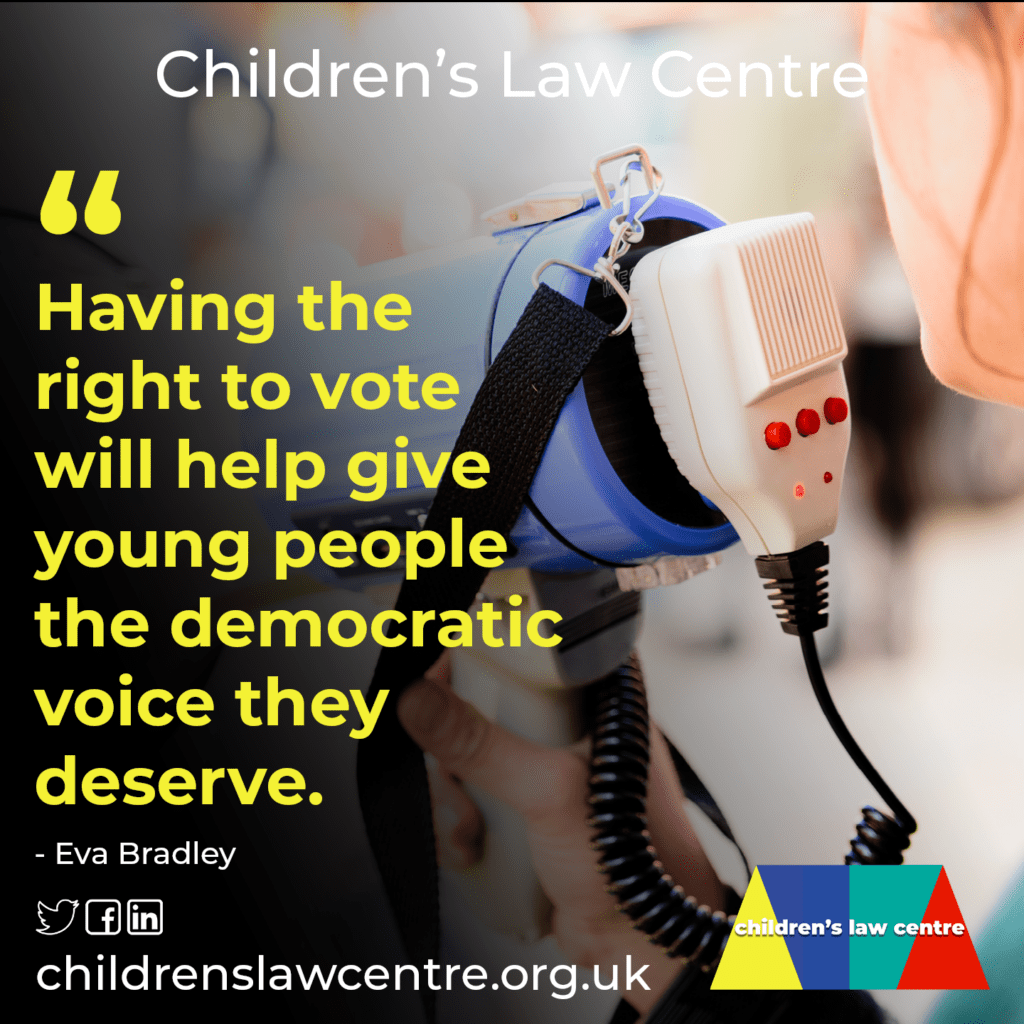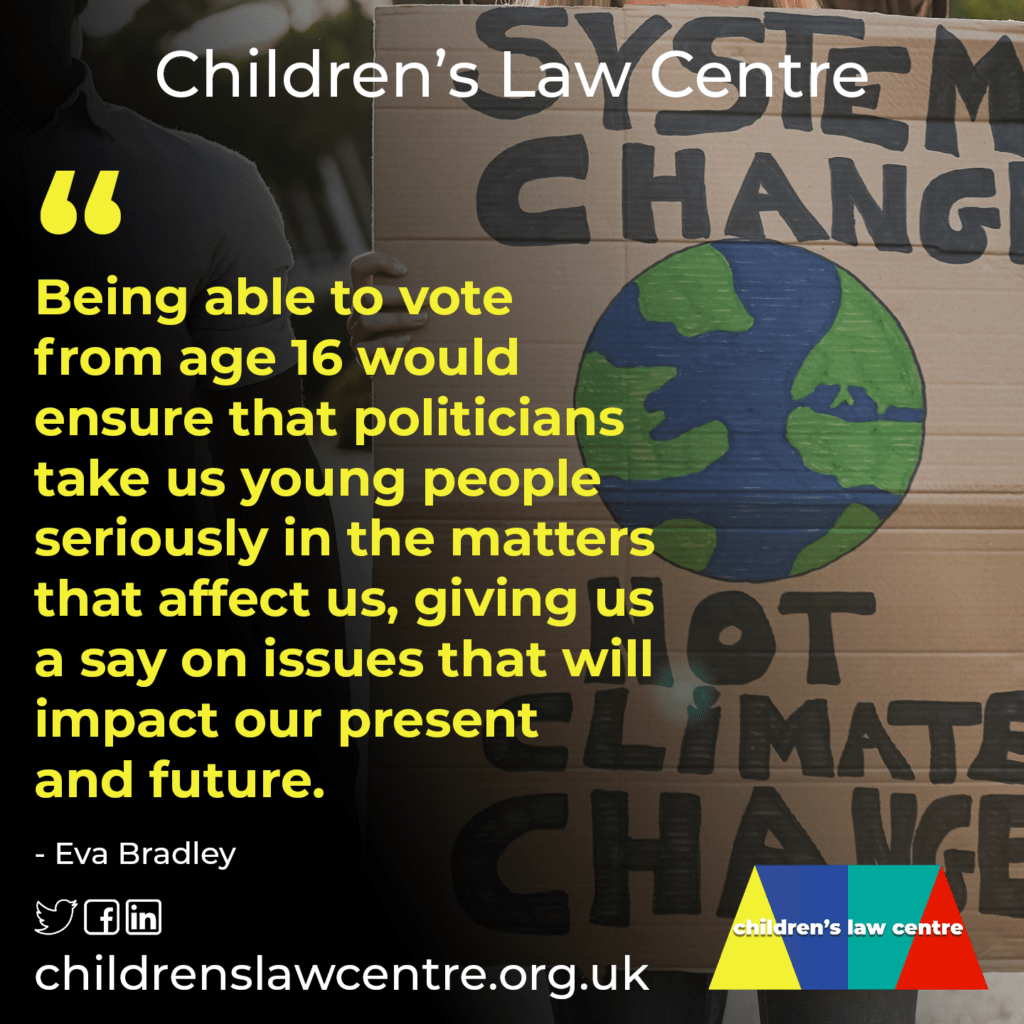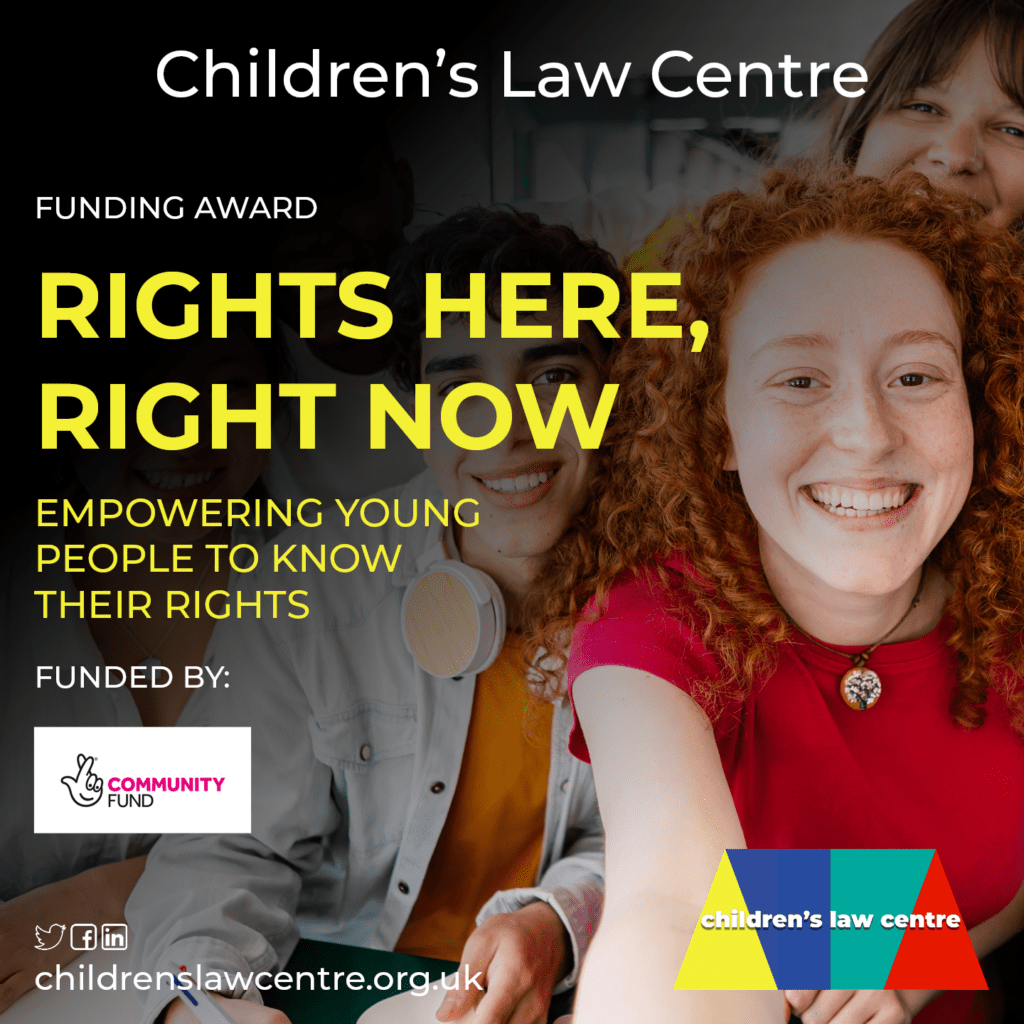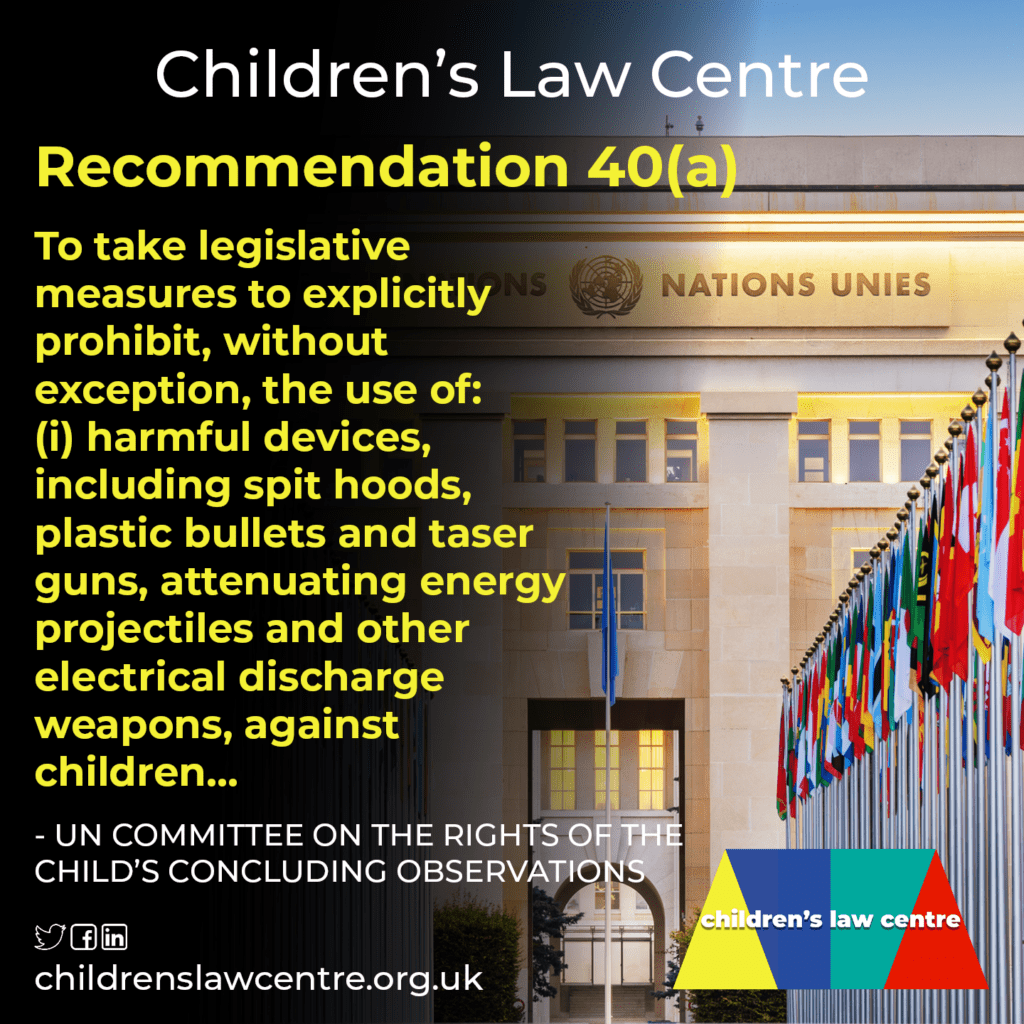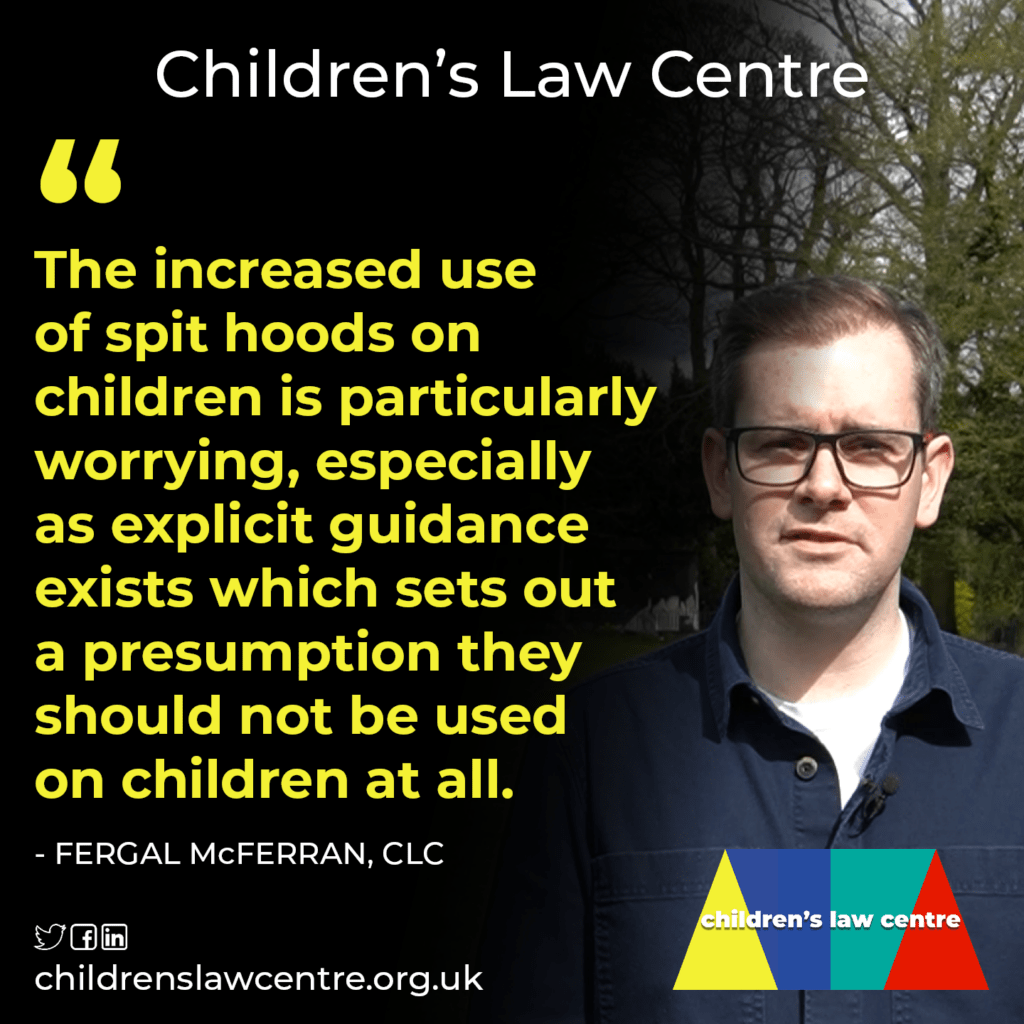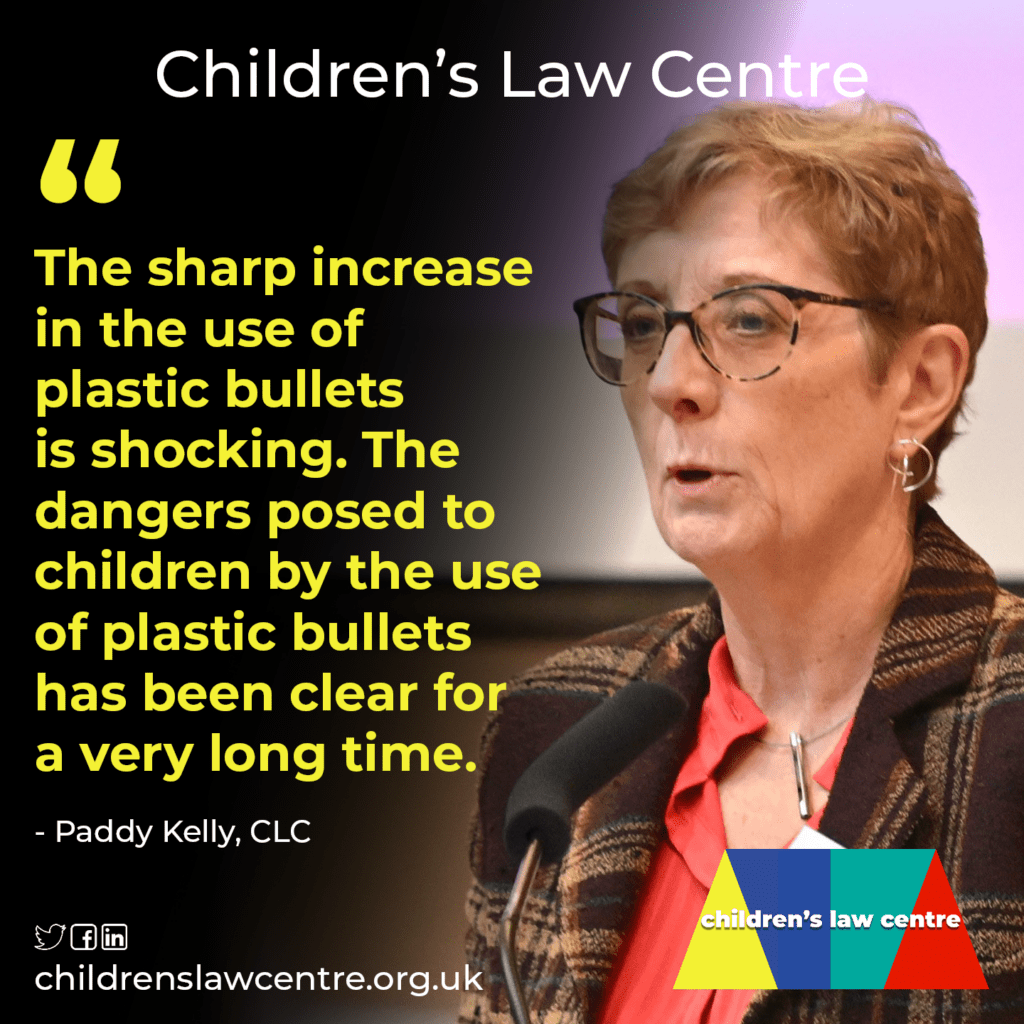9th September 2024
Member of the NI Youth Assembly, Clodagh McKenna, discusses her recent participation in a CLC co-design workshop and outlines how children’s rights help guarantee equality in education.
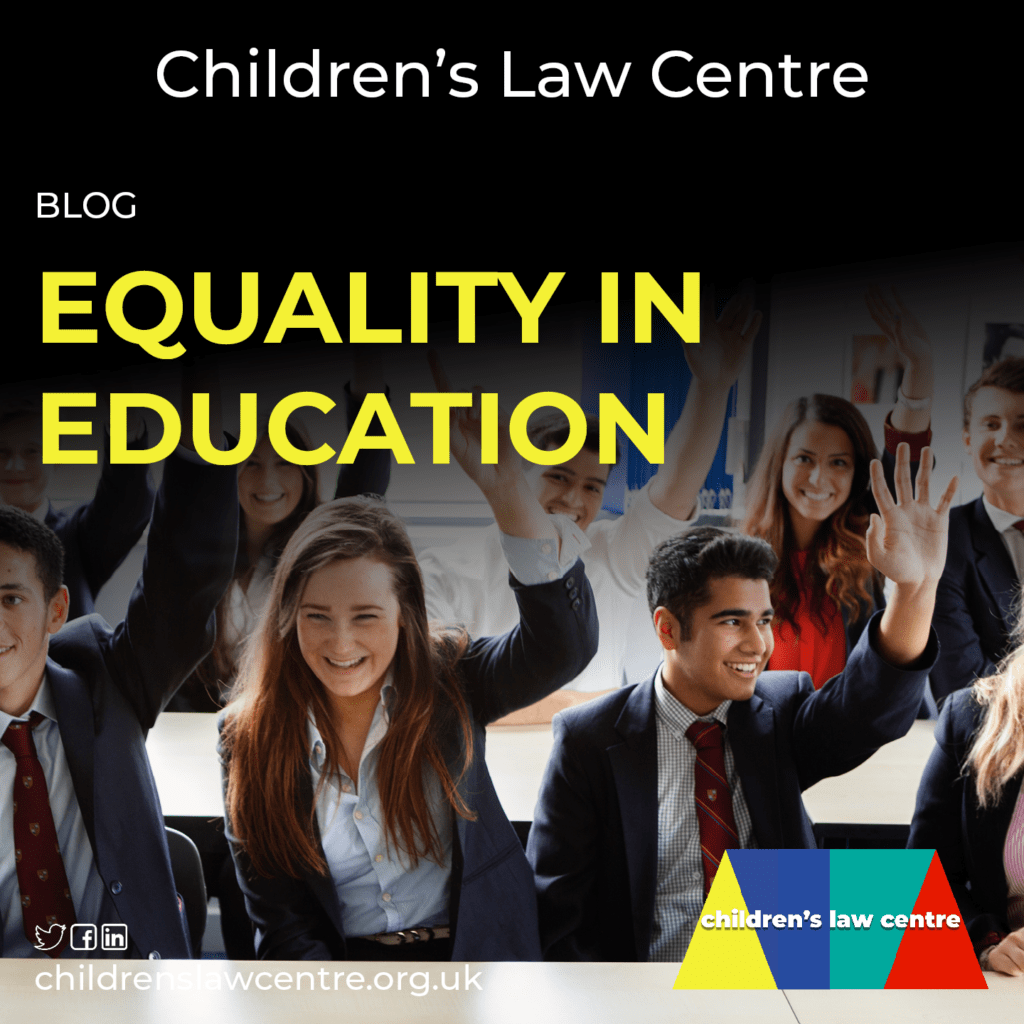
Written by Clodagh McKenna
I am a member of the Northern Ireland Youth Assembly and I am passionate about making a positive change in young people’s lives. I felt inspired when the Youth Assembly recently met with young people from Children’s Law Centre, Angel Eyes, VOYPIC and Barnardo’s NI’s Syrian Youth Voices to aid the development of the education and Special Educational Needs sections of REE Rights Responder which offers free online legal advice to children and helps them understand what their rights are.
Children’s educational rights is a topic that is dear to me because I want to ensure that every child has access to a quality education. Unfortunately, education still remains an unattainable right for millions of children around the world. Almost 60 million children of primary education age are not in school. [1]This leads to adults not having the skills necessary to be able to improve both their living conditions of those and of their children, thus leaving the family to fall further into poverty and unable to escape this cycle.
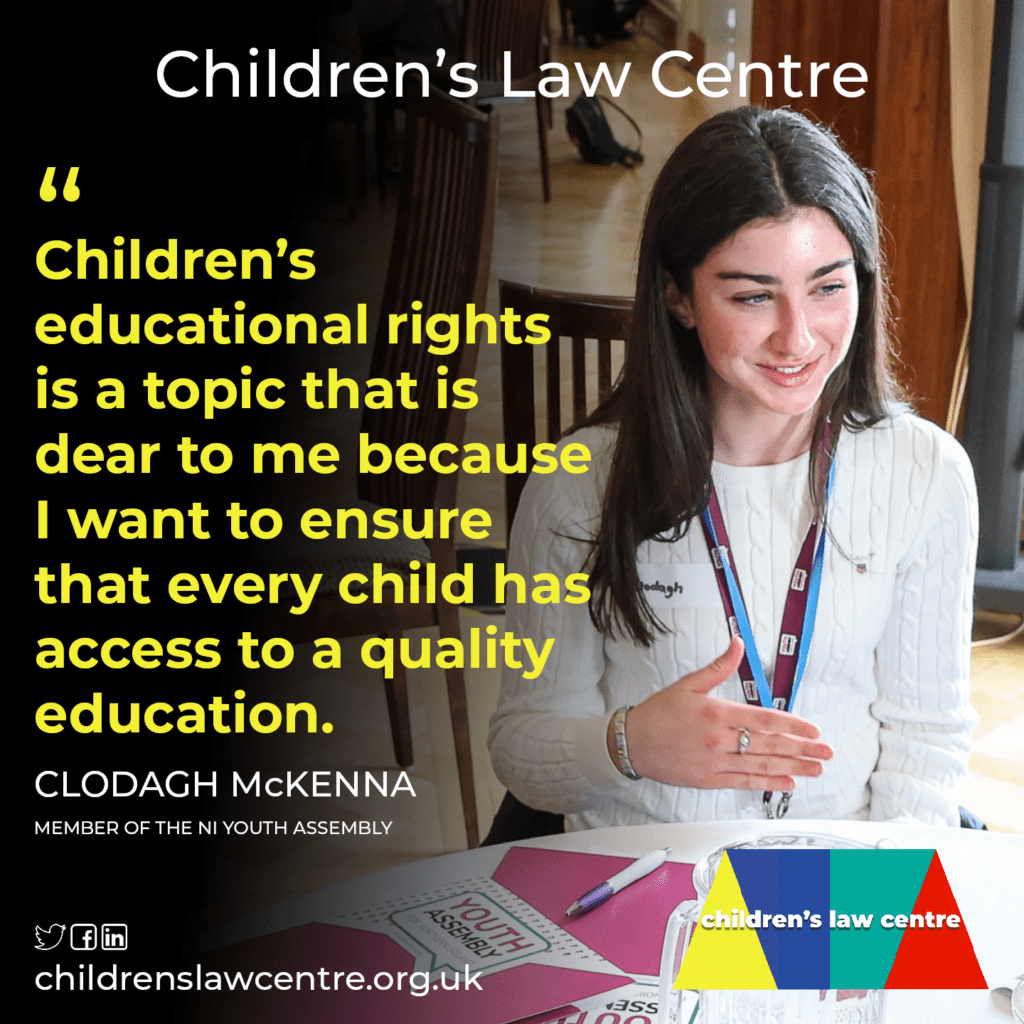
Article 28 of the United Nations Convention in the Rights of the Child (UNCRC)[2] says that “children and young people have the right to education no matter who they are: regardless of race, gender or disability; if they are in detention or if they are a refugee.” Children’s educational rights encompasses the right to access education that is free from discrimination, the right to be able to learn in an inclusive and safe environment and the right to receive a quality education that will help them equip the skills and knowledge that will prepare them for the challenges of the modern world. By being able to guarantee these rights, this can empower children to achieve their full potential, contribute meaningfully and create a difference in society. In time, this could help break the cycle of poverty and inequality.
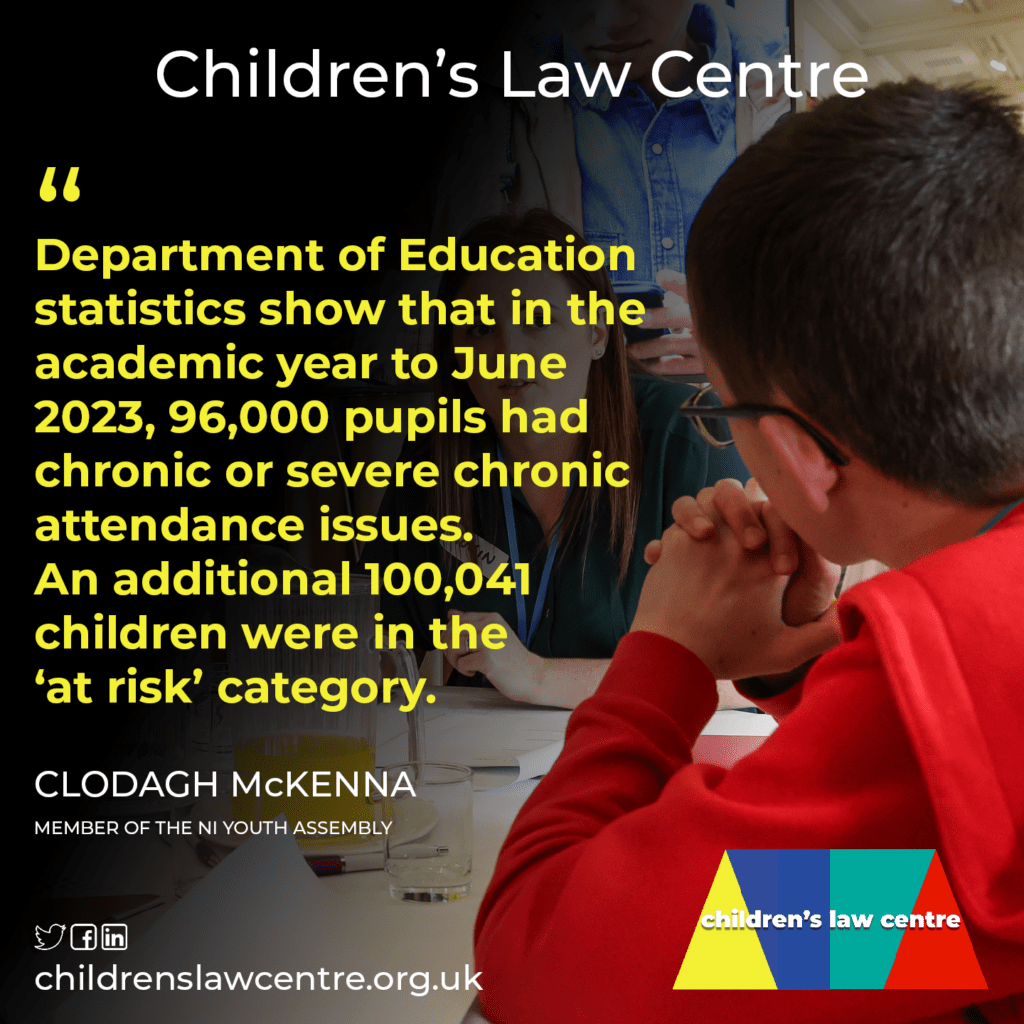
Department of Education statistics show that in the academic year to June 2023, 96,000 pupils had chronic or severe chronic attendance issues. An additional 100,041 children were in the “at risk” category.[3] The significance of education is a fundamental right that all children should have, as it lays the foundation for a child’s future successes, life and well-being. No child should ever miss out on an education, as it is the right of the child to receive an education. It is crucial to uphold children’s educational rights; ensuring all children regardless of their background, or circumstances that they face, are granted equal opportunities to learn and to grow.
By advocating for children’s educational rights, we can promote inclusive and equitable educational systems. This can develop a brighter future for every child so that all children can receive an education that they deserve.
Find out more about REE Rights Responder at reerights.com
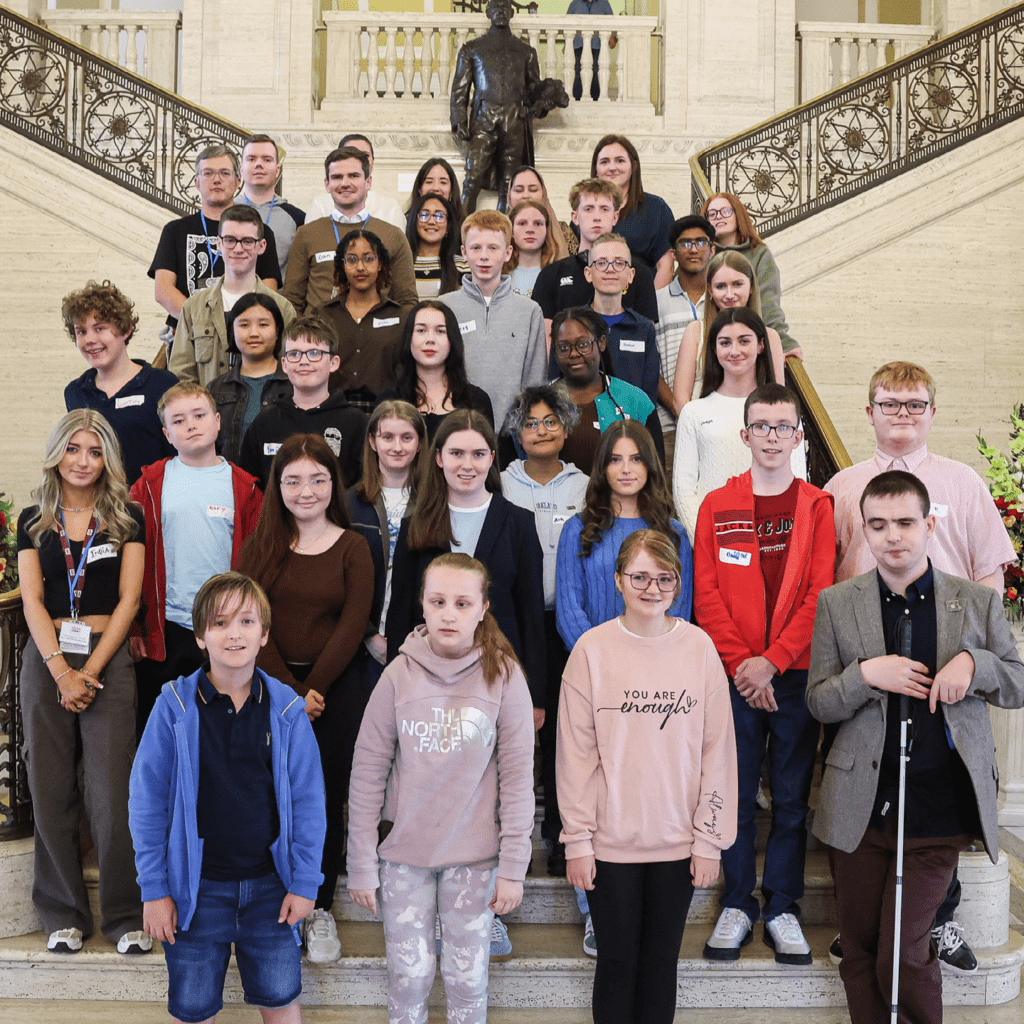
References:
[1] Max Roser (2021) – “Access to basic education: almost 60 million children of primary school age are not in school” Published online at OurWorldInData.org. Retrieved from: https://ourworldindata.org/children-not-in-school
[2] Convention on the Rights of the Child | OHCHR
[3] Department of Education Circular 2023/11 – Attendance Guidance and Absence Recording by Schools: https://www.education-ni.gov.uk/publications/attendance-guidance-absence-recording-by-schools-circular-202311


